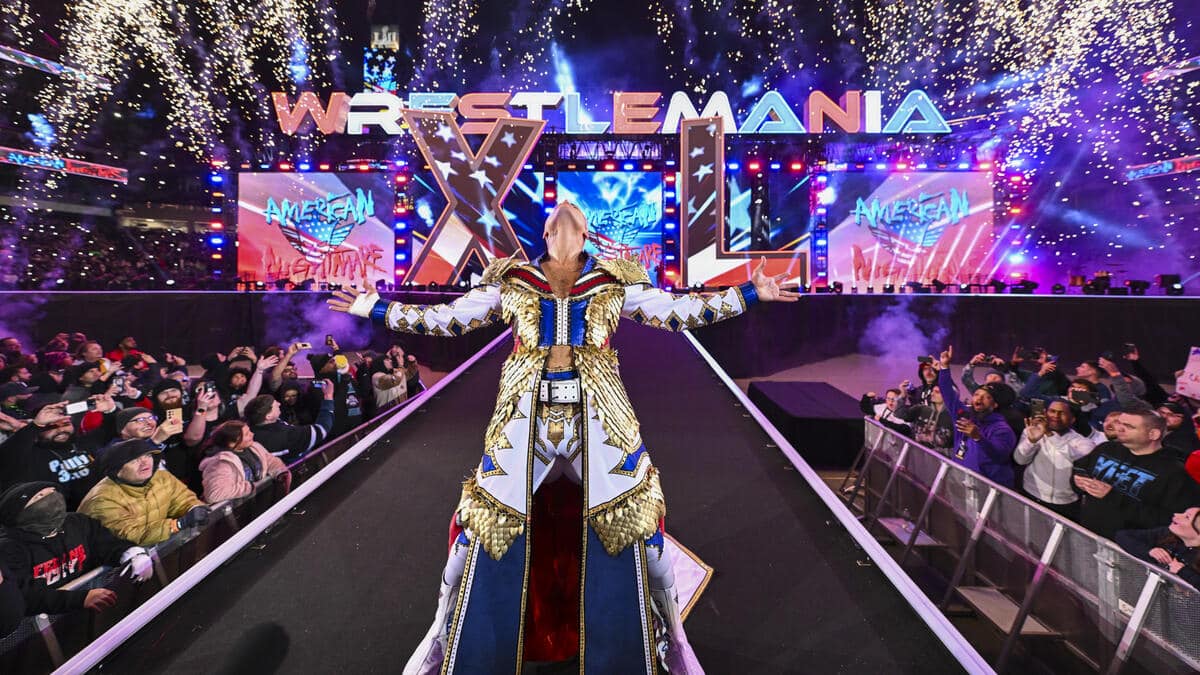by Nancy Powell
The Comics Beat’s own Heidi MacDonald moderated a Thursday evening panel discussion on the state-of-state of comics journalism, featuring Megan Purdy of Women Write About Comics, Brett Schenker of Graphic Policy and Mark Stack of Comics Bulletin. What they had to say about the challenges of writing against the backdrop of media consolidation and decreased funding provided much food for thought.
After introductions from each panelist, the discussion launched into the changes each has experienced during the lifecycle of their ventures, particularly with regards to recruitment and evolving viewpoints. For Purdy, the personal blog she first started on a lark six years ago to interview and promote women in comics has grown to encompass 150 contributors posting up to five times each day. She appealed to the communities and networks devoted to female geekdom, and encouraged these voices to be heard.
The other two panelists followed similar routes, with Schenker tapping into social media such as Tumblr for his sound bites, while Heidi discussed her focus on industry analysis. Schenker has applied his skills as a political reporter to comics to add a unique viewpoint to his reportage. Comics Bulletin had existed for many years as Silver Bullet Comics and then as Comics Bulletin, but after assuming publisher duties, Stack’s guiding vision will be to make the site something “that I would want to read about every day.” He plans to look beyond the norm, putting out reviews of previously-published comics, digging for hot moments and deep diving into issues not covered by any industry publications.
Perhaps the biggest hot-button issue of the evening was timed interviews– publishers scheduling press interviews to coincide with a critical or major release—and the conflicts of interest it poses. Stack does not allow interviewees to dictate the conversation, instead guiding the conversation to the points he wishes to discuss. He emphasized the need for interviewers stick to their game plan.
“Have something that you need to guide you through the process…have a focus when you go into the interview.”
Purdy won’t do timed interviews; instead, she has taken a different approach and reached out to the individual artists, inkers and colorists for interviews that provide industry insights into comics publishing. Schenker pushes interviewees towards podcasts.
“It’s live, and it can’t be checked by publicists; we could get away with asking a lot harder questions.”
Podcasting pushed the discussion into a consideration of the role social media plays in expanding the network and amplifying the conversation so that people feel they have more access to the creators. Schenker added:
“Publishers can’t control the press with social media—social media democratizes everything…the gatekeepers are going bye-bye.”
Podcasting and social media has had the tendency to make reporting more transparent, allowing the truth to be exposed with minimal censorship. In regards to drawbacks, the permanency of social media and online publishing were questioned, as well as “bad” social media behavior and the damage it could potentially have on the brands. “Don’t show your ass in public,” said Stack.
When asked what the future holds for each of the panelists, Purdy admitted that monetization was a big priority, but so was mentorship and promoting fellow writers in a field where, as Heidi suggested, “money is low and the stakes are low.”
While another year has passed, with consolidations on the horizon, all three continue to see the silver lining. As long as people are willing to get on and share their own insights into the industry, then responsible and informed comics journalism lives on.









Would have been nice to see some shots taken by the panelists towards Newsarama with their “click bait” articles and softball, PR-friendly interviews towards creators in timed interviews
Comments are closed.